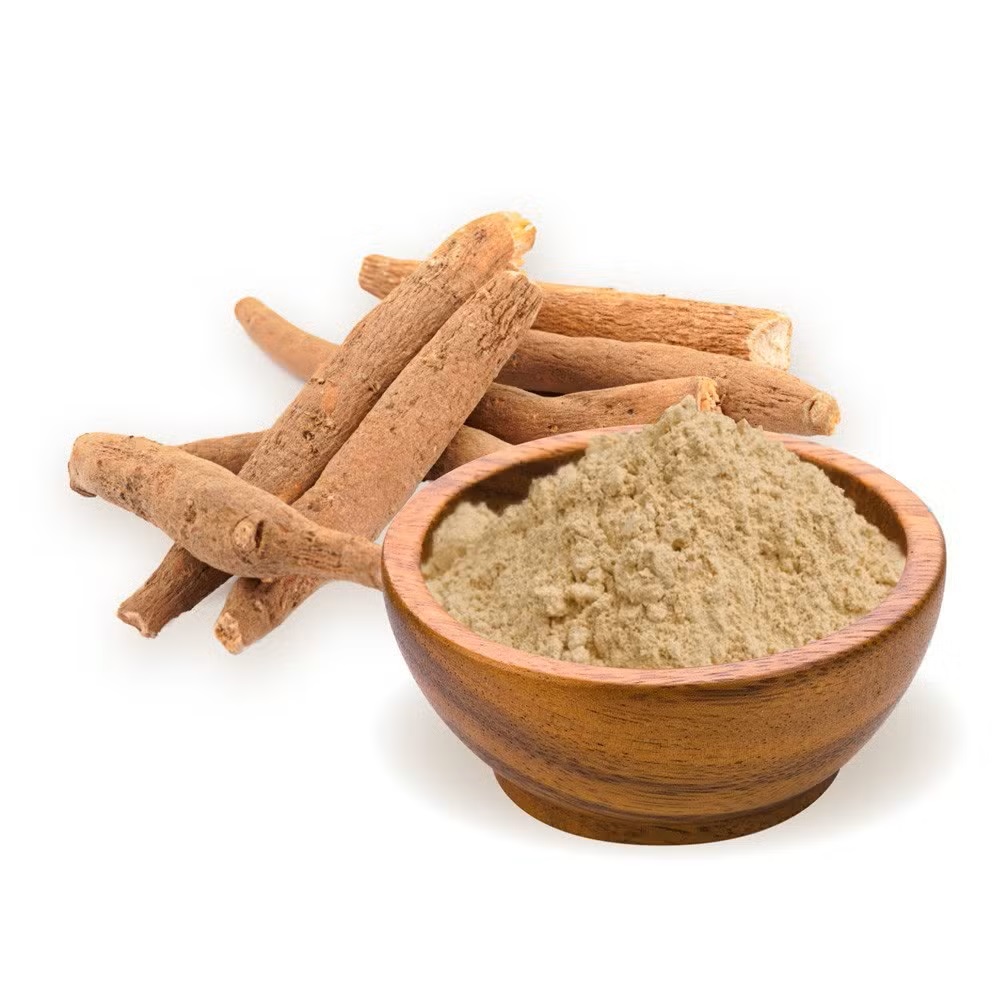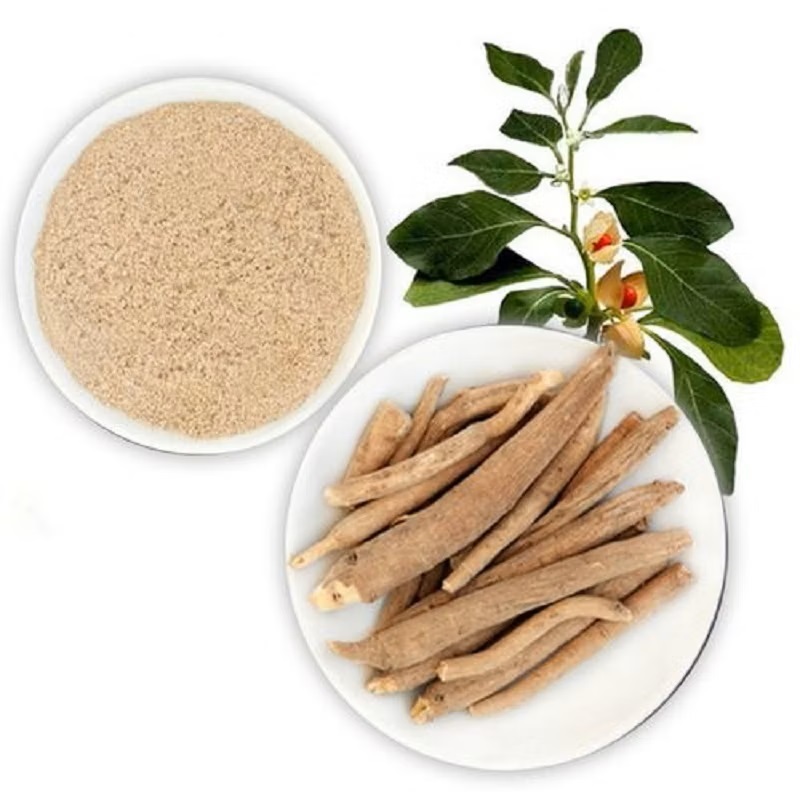Ashwagandha 1.5% Extract
Product description
Ashwagandha Extract: Overview and Benefits
What is Ashwagandha? Ashwagandha (Withania somnifera), also known as “Indian ginseng” or “winter cherry,” is an adaptogenic herb widely used in Ayurvedic medicine. It is known for its ability to help the body cope with stress and to promote overall well-being. The roots and berries of the plant are typically used for medicinal purposes, and ashwagandha extract is commonly available in powdered, capsule, or liquid form.
Ashwagandha Extract: Ashwagandha extract is a concentrated form of the plant’s active compounds, including withanolides, alkaloids, and fatty acids. The extract is usually standardized to contain a certain percentage of withanolides, the primary bioactive compounds that contribute to its therapeutic effects. This concentrated form offers a more potent dose compared to raw ashwagandha root powder.
Key Active Compounds in Ashwagandha Extract
- Withanolides: These steroidal lactones are considered the most important bioactive compounds in ashwagandha. They contribute to many of its adaptogenic and anti-inflammatory properties.
- Alkaloids: These compounds have calming and sedative effects, helping to reduce anxiety and promote relaxation.
- Fatty Acids: Ashwagandha contains healthy fats, which are important for maintaining cellular health and reducing inflammation.
- Saponins and Tannins: These compounds contribute to ashwagandha’s immune-boosting and antioxidant effects.
Importance and Benefits of Ashwagandha Extract as a Supplement
Adaptogenic Stress Relief: Ashwagandha is classified as an adaptogen, meaning it helps the body adapt to physical, emotional, and environmental stressors. Regular use of ashwagandha extract may help lower cortisol levels (the body’s stress hormone), reduce the physical symptoms of stress, and promote a sense of calm.
Anxiety and Mood Regulation: Ashwagandha has been shown to be effective in reducing symptoms of anxiety and depression. Studies suggest that it can help modulate the nervous system, lowering anxiety levels, improving mood, and even improving sleep quality. It has a mild sedative effect, which helps with relaxation and emotional balance.
Improved Cognitive Function: Ashwagandha may enhance brain function by improving memory, focus, and cognitive processing speed. Its neuroprotective properties help reduce oxidative stress in the brain, which is important for preventing cognitive decline. Some studies suggest it may be beneficial in preventing or slowing the progression of neurodegenerative diseases like Alzheimer’s.
Enhances Energy and Stamina: As an adaptogen, ashwagandha is believed to improve overall energy levels and endurance. It may help combat fatigue, enhance physical performance, and improve stamina during exercise. This is especially beneficial for individuals who experience energy dips due to chronic stress or fatigue.
Improves Sleep Quality: Ashwagandha is known for its ability to promote better sleep quality by reducing anxiety and promoting relaxation. The herb has been used traditionally as a remedy for insomnia and poor sleep, as it can help the body relax and achieve a deeper, more restful sleep.
Supports Immune System Health: Ashwagandha is a potent immune booster due to its antioxidant and anti-inflammatory properties. It can enhance the body’s natural defense mechanisms, increasing the production of white blood cells, which play a crucial role in immune response. It is also thought to support the body in fighting infections and diseases.
Anti-Inflammatory Effects: Chronic inflammation is a risk factor for many diseases, including cardiovascular disease, diabetes, and arthritis. Ashwagandha has anti-inflammatory properties that help reduce inflammation at the cellular level, potentially helping to manage conditions related to inflammation.
Hormonal Balance: Ashwagandha has been found to support hormonal balance, particularly in men and women. In men, it has been shown to increase testosterone levels, which can support muscle growth, libido, and fertility. In women, it may help to balance cortisol levels, supporting adrenal health and reducing the impact of stress on the body.
Supports Healthy Blood Sugar Levels: There is evidence that ashwagandha may help regulate blood sugar levels, which is particularly beneficial for people with type 2 diabetes or those at risk of developing the condition. It may improve insulin sensitivity and reduce blood sugar spikes after meals.
Promotes Heart Health: The anti-inflammatory, antioxidant, and stress-reducing properties of ashwagandha contribute to heart health by improving blood circulation, reducing blood pressure, and decreasing cholesterol levels. This combination of effects helps protect the cardiovascular system and reduces the risk of heart disease.
Improved Muscle Strength and Recovery: Ashwagandha extract has been shown to improve muscle strength and recovery time after intense physical activity. It can increase muscle mass, improve strength, and reduce exercise-induced muscle damage, making it beneficial for athletes or those engaged in resistance training.
Anti-Aging Properties: Ashwagandha’s antioxidant effects protect the body from free radical damage, which is a primary cause of aging and age-related diseases. By neutralizing these free radicals, ashwagandha may help slow down the aging process and promote longevity.


